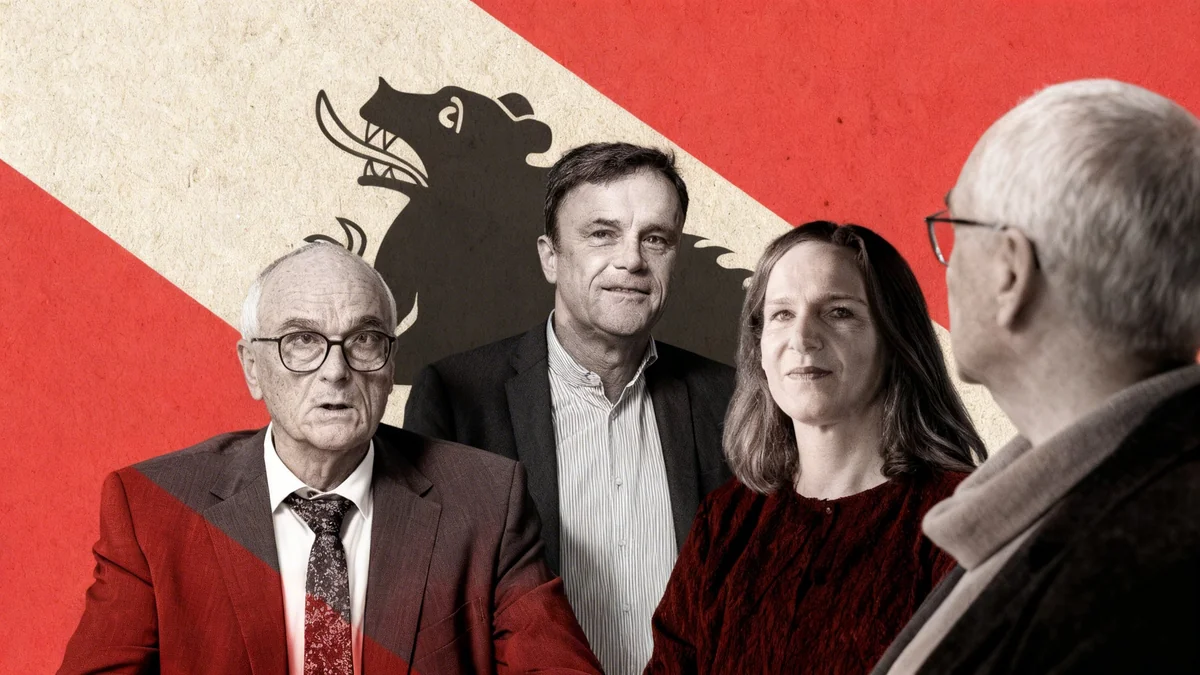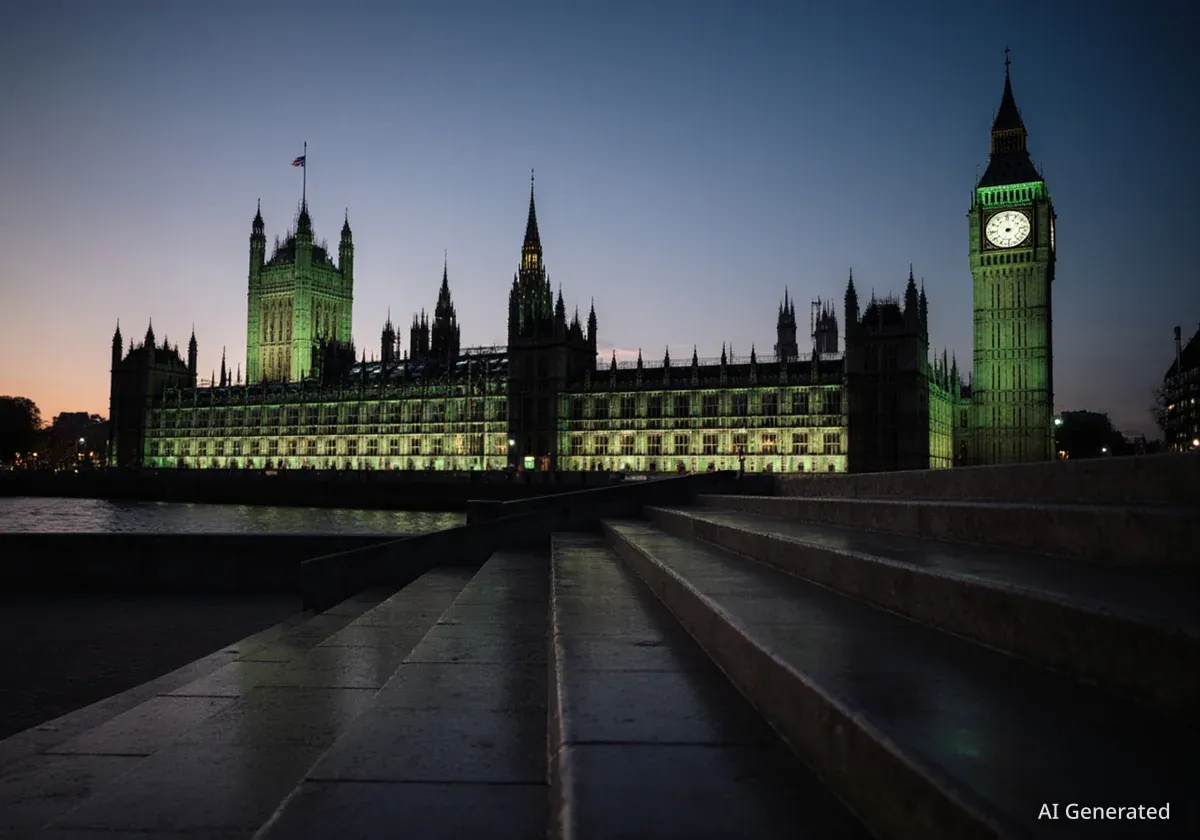Bern's political left is initiating a comprehensive discussion on discrimination, proposing a new law that would significantly broaden the city's anti-discrimination efforts. The proposal aims to position Bern as a national leader in fighting discrimination, though funding for the suggested measures remains a point of contention among various political groups.
Key Takeaways
- Bern currently has 11.25 full-time positions across three anti-discrimination offices.
- Left-wing factions propose a new article in the municipal code to expand protection.
- The expanded definition of discrimination would include factors like poverty, religion, and body weight.
- An expert estimates the proposed central office and other measures would cost at least half a million Swiss francs annually.
Bern's Current Anti-Discrimination Framework
The city of Bern currently addresses discrimination through three specialized offices. These offices focus on migration and racism, gender equality, and equality for people with disabilities. In 2024, these three departments collectively employed 11.25 full-time staff members.
Despite these existing structures, the center-left and far-left political factions believe current efforts are not sufficient. These groups, including SP/Juso, GB/JA, GFL, AL, PdA, and Tier im Fokus, hold four out of five seats in the city government. They have submitted a motion to the city council seeking a range of measures to establish Bern as a "pioneer in the fight against discrimination" throughout Switzerland.
Current Staffing
Bern's three anti-discrimination offices currently comprise 11.25 full-time equivalent positions dedicated to addressing issues of migration, racism, gender, and disability.
Proposed Municipal Code Amendment
The core of the motion is the introduction of a new article in the municipal code. Titled "Protection against Discrimination and Promotion of Participation," this article would legally obligate the city to enforce anti-discrimination prohibitions. It would also mandate the strengthening of equality, inclusion, and a culture of appreciation, requiring additional financial resources.
This new mandate would apply to all entities carrying out municipal tasks. This includes outsourced operations and private organizations performing public duties. The goal is to ensure comprehensive protection across all city-related activities.
"We want to initiate a broad debate and create awareness for the different forms of discrimination," stated SP City Councilor Barbara Keller, a co-initiator of the proposal.
Expanding the Definition of Discrimination
The proposed definition of discrimination is significantly broader than the federal standard. It aims to include a wider range of characteristics. These characteristics include lack of residency rights, poverty, pregnancy, parenthood, marital status, religion, political beliefs, language, chronic illness, age, body weight, and a traveling lifestyle. This list is not exhaustive, and these factors are intended to be considered alongside existing protections for disability, gender, and race.
According to Keller, the proposal seeks to "bring invisible and marginalized groups into focus, who may not yet be considered in current debates." Jurist Tarek Naguib, an expert in anti-discrimination law and another driving force behind the motion, emphasized the need for "effort and responsibilities" to make discrimination visible.
Historical Context of Equality Laws
Naguib highlights that existing equality structures are often the result of "decades of struggle." He notes that once an equality concern is legally regulated and specialized offices work on its implementation, it leads to more preventive measures and, where necessary, legal complaints. This process brings attention to discrimination and helps affected individuals feel heard and recognized.
New Central Office and Funding Debates
The extensive debate initiated by the left-wing factions is still ongoing, even within their own political bloc. The four submitting factions noted in their media release that they have "different views on the specific implementation."
One day later, the Green Liberal Party (GFL) issued a separate statement. They questioned "whether a city the size of Bern truly needs another separate specialized office." The GFL suggests that it would be "more efficient" to consolidate existing specialized offices into a new central anti-discrimination office. They argue this would free up resources and reduce the risk of different affected groups being pitted against each other.
The GFL pointed out that even much larger cities like Berlin have centralized their anti-discrimination protection offices. They welcome the motion if it "initiates a reorganization process," but insist that the existing structures must be examined for redundancies and overlaps.
Cost Implications and Proposed Structure
The question of funding remains central. SP City Councilor Keller and expert Naguib are clear that their demands cannot be met without additional funds. Naguib estimates the annual cost to be a "mid-six-figure sum – at least."
The detailed seven-page regulation proposal, attached to the motion, suggests several measures that would incur additional costs for the city. These include establishing a new specialized office within the Presidential Directorate. This new office would not replace existing ones, as suggested by the GFL, but would cooperate closely with them and support their work.
- The new specialized office would be responsible for promoting projects both within and outside the administration.
- It would lead an internal administrative expert conference on discrimination and participation issues, established by the municipal council.
- Further demands include an expert commission for discrimination and participation, and an independent contact point for discrimination complaints.
Naguib explains that a specialized office with overall responsibility and a view for overarching and new forms of discrimination is necessary. At the same time, he stresses the continued need for responsible offices with specific expertise to advocate for particular groups and concerns.




